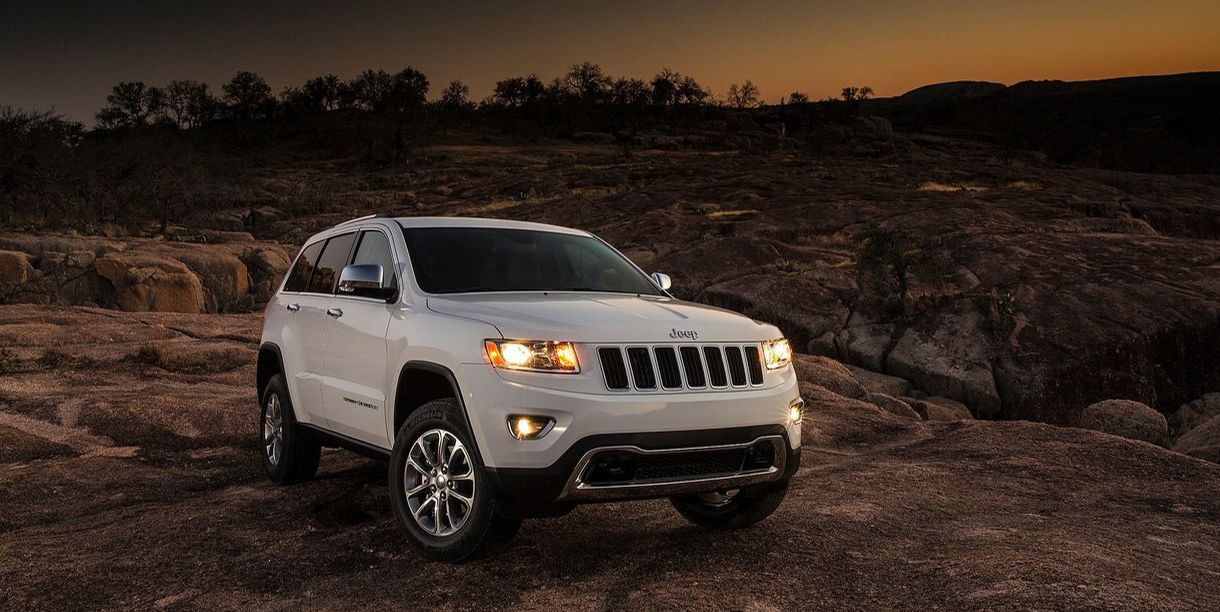The Legal Case That Could Be a Nightmare for Automakers

A 2015 accident in Arizona has caused a ruckus in the legal world. A 4-year-old passenger was killed when her mother’s vehicle was rear ended by a driver in a 2014 Jeep Grand Cherokee. A lawsuit was filed against FCA because the Jeep was not equipped with the optional Automatic Emergency Braking system. That year, the AEB was available on the Jeep in question, but only as part of a larger option package the buyer of the Jeep declined to purchase. At the time, AEB was not required by the Federal government.
The lawsuit alleged negligence and some theories involving defective design, hinging entirely on the idea that AEB would have prevented the death. The trial court tossed the suit, noting that the Jeep in question met all Federal safety standards at the time of its sale. The Plaintiff appealed that decision and an appeals court reversed the decision, noting that NHTSA had not expressly said that AEB was something carmakers could ignore. NHTSA actually indicated its desire to see AEB installed in cars and had simply thought the rule-making process to require it would slow down the widespread implementation of the technology.
FCA appealed THAT ruling to the Arizona Supreme Court. In a 25-page opinion that discusses arcane topics like “implied obstacle preemption,” the Supreme Court of Arizona upheld the appellate court’s ruling. They sent the case back to the trial court for further proceedings. At this point, the case can be appealed to the U.S. Supreme Court or it can head back to the trial court. SCOTUS only hears a small fraction of the cases offered, so we’ll set that option aside for a moment.
At the trial court, the plaintiff can now make her case to a jury that FCA is liable for the death of her daughter by way of negligence. That is, FCA had a duty to install the AEB in its vehicles and not doing so was wrong. Or, that the Jeep was unreasonably defective for not being sold with the available AEB technology. This is not a guaranteed win for the plaintiff.
A jury could still decide that it was perfectly reasonable for FCA to make AEB an option when it was not mandated. Or, they could come to the conclusion that the crash was caused by the Jeep’s driver, who rear-ended the stopped vehicle the plaintiff was driving.
But many people have focused on the reported cost to FCA for the AEB. Many news sources state that the AEB cost FCA about $100 but FCA had only made it available in a much costlier option package costing thousands of dollars. A jury very well could second guess that marketing decision and conclude more consumers would have opted for it if it had been a standalone option.
But the Arizona Supreme Court has stated that even that argument is unnecessary. A jury COULD find FCA liable here for simply selling the Jeep without the AEB, regardless of its actual or marked up cost. And that is the specter the automakers fear. What other safety technologies were available at the time of sale on vehicles which were shipped and sold without them in Arizona.
Backup cameras became available in cars before they were mandated by the Feds in 2018. Before they became required, it was estimated a few hundred people died annually from having a vehicle back over them, with more than 10,000 people injured. It doesn’t take an attorney to tell you what will happen when someone in Arizona driving a pre-2018 vehicle without a backup camera reverses over someone.
Another concern for the automakers is whether the reasoning of the Arizona Supreme Court could be adopted in other states. The causes of action in the present case are state law claims but very similar to the laws in the other states. We can almost certainly expect more lawsuits like this in the future when the facts line up just like these.
Which gets us back to the idea of a higher appeal. FCA certainly has huge motivation to seek help from the Supreme Court. Even settling this case now – short of trial – will not make this caselaw go away. And while this case stands, carmakers will scramble to see what kind of liability they are exposed to with the cars they sold in the window of time where a new safety feature was offered for sale but not yet required by Federal law.
Steve Lehto is a writer and attorney from Michigan. He specializes in Lemon Law and frequently writes about cars and the law. His most recent books include Preston Tucker and His Battle to Build the Car of Tomorrow and Dodge Daytona and Plymouth Superbird: Design, Development, Production and Competition. He also has a YouTube channel where he talks about these things.
This content is created and maintained by a third party, and imported onto this page to help users provide their email addresses. You may be able to find more information about this and similar content at piano.io

